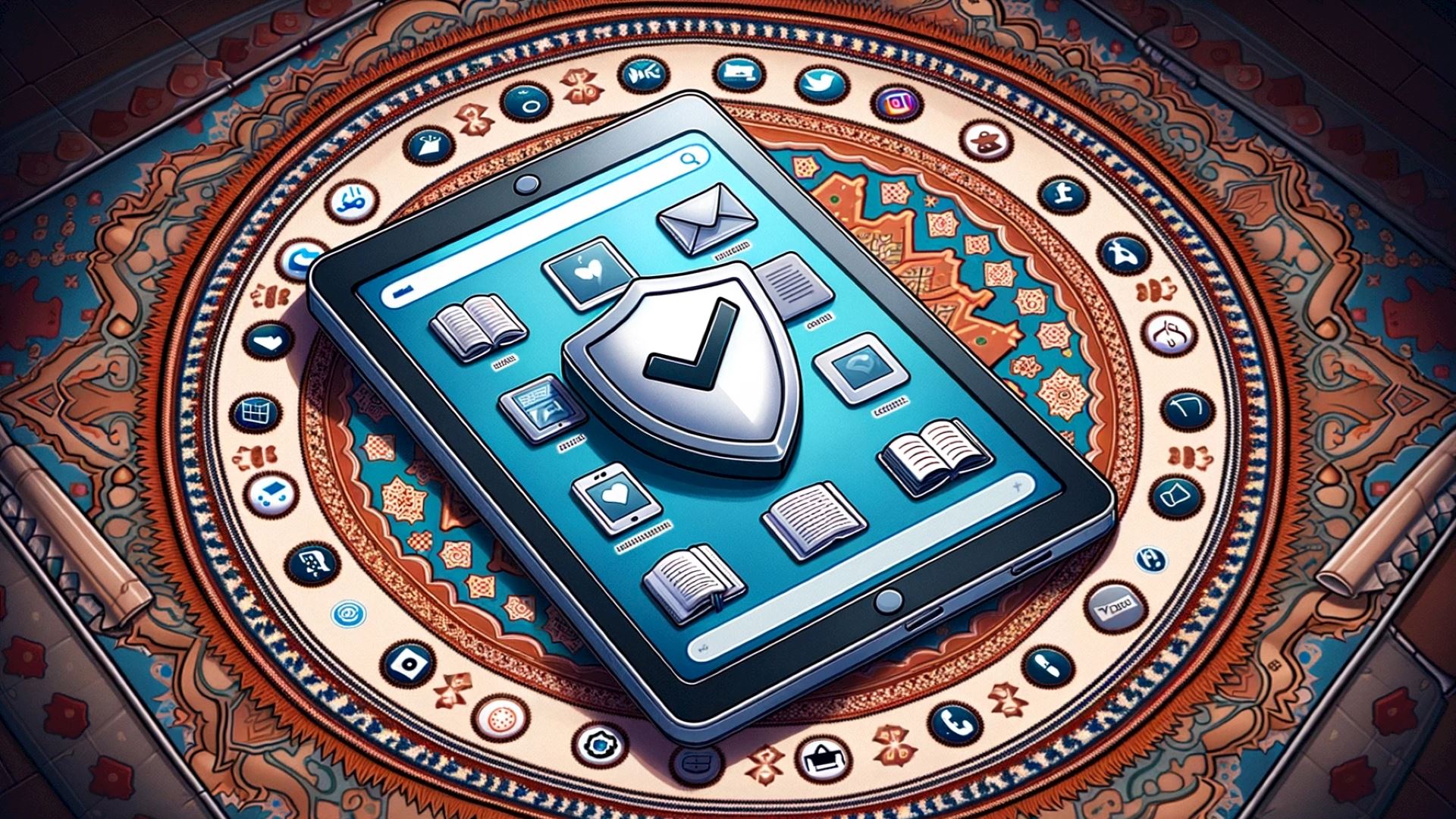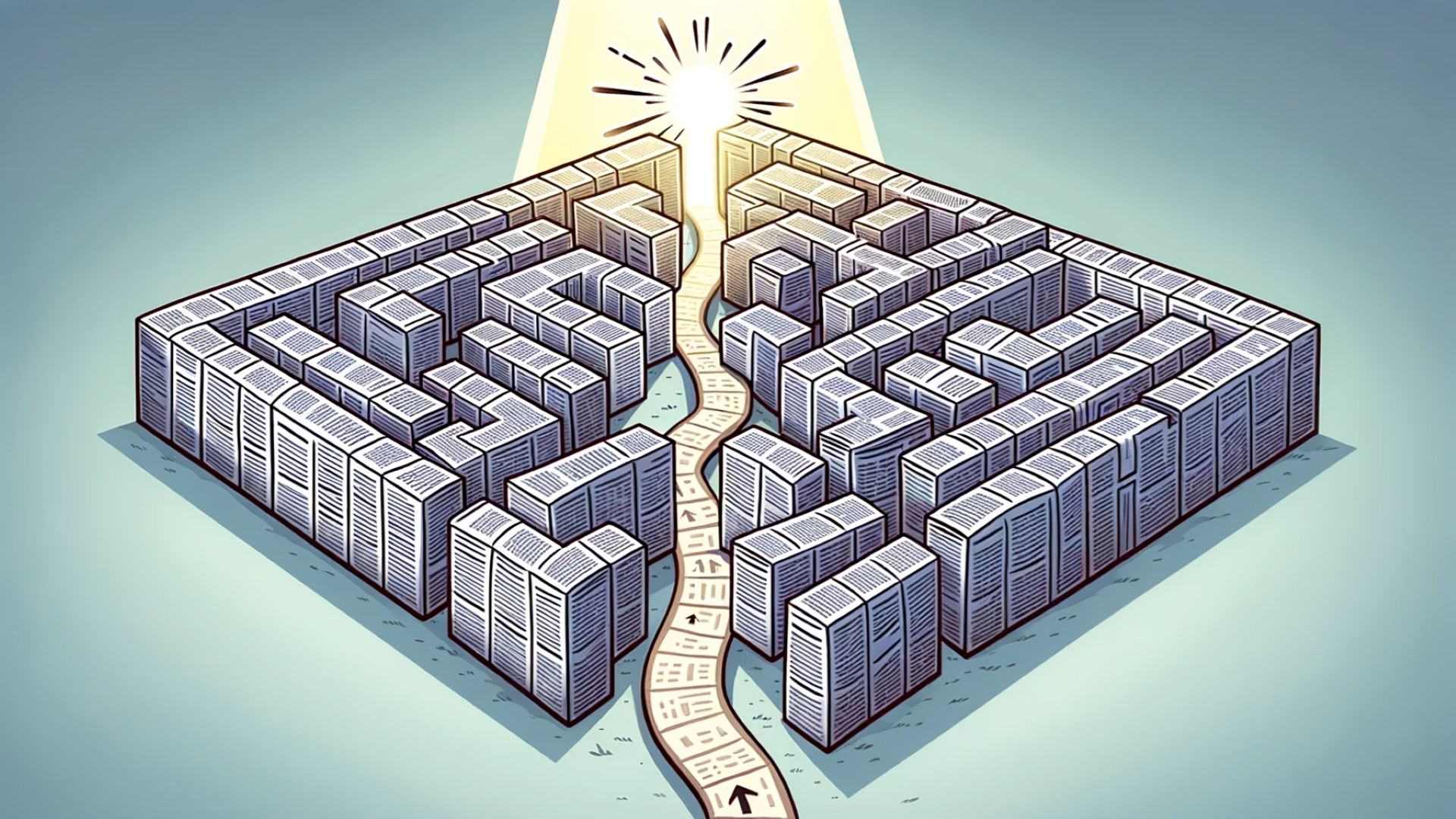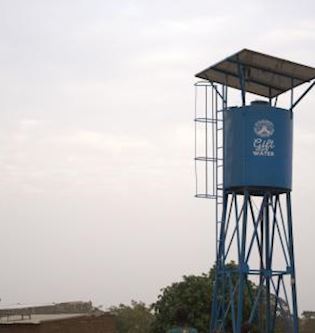Truth in the Age of Misinformation
“Believers, if a troublemaker brings you news, check it first, in case you wrong others unwittingly and later regret what you have done...” (Quran 49:6)
In an era where information is at your fingertips, the rapid spread of misinformation poses a significant threat. While the digital age has brought countless benefits, it also presents a challenge: discerning truth from falsehood.
Islamic Teachings on Truth and Integrity

In Islam, seeking knowledge is highly valued. It teaches the significance of being truthful and honest. The Quran cautions against accepting information without verification.
When the tribe of Bani al-Mustaliq embraced Islam, Prophet Muhammad (peace be upon him) sent the governor of Kufa to collect zakat from them. However, the governor returned without meeting them, falsely claiming they had refused Zakat and even threatened his life.
Acting on this report, the Prophet was about to take action against the tribe. But before any action was taken, the chief of Bani al-Mustaliq arrived in Madinah, clarifying that they had never seen the governor and had no intention of withholding zakat.
This incident led to the revelation of the aforementioned Quranic verse, emphasizing the importance of verifying information, especially from questionable sources.
Your Moral Duty to Verify

“...be aware that it is God’s Messenger who is among you: in many matters you would certainly suffer if he were to follow your wishes. God has endeared faith to you and made it beautiful to your hearts; He has made disbelief, mischief, and disobedience hateful to you.” (Quran 49:7-8)
Misinformation doesn't just mislead; it has consequences that can affect you directly. It can tarnish reputations, incite hatred, and even lead to violence. For a community, the spread of false narratives can sow discord and mistrust.
As a believer and global citizen, it's your moral duty to ensure the information you share is accurate. By doing so, you not only uphold the teachings of Islam but also contribute to a more informed and harmonious society.
Navigating Misinformation

- Cross-check with Multiple Sources: Before accepting any piece of information, ensure you check it against multiple reputable sources.
- Evaluate the Source: Consider the credibility of the source. Is it a well-known and respected publication or network? Or is it an unknown blog or unverified social media post?
- Check Dates and Timelines: Old news stories can be shared as current events. Always check the date of publication.
- Be Skeptical of Sensational Headlines: Clickbait headlines are designed to attract attention. Read the entire article before drawing conclusions.
- Consult Experts: When in doubt, consult someone with expertise in the relevant field.
In today's connected world, it's up to you to stop the spread of false information. Drawing from Islamic teachings and history, always double-check your sources and be transparent about where your information comes from. By valuing honesty and truth, you can help ensure a world where false stories are questioned and the truth stands strong.















